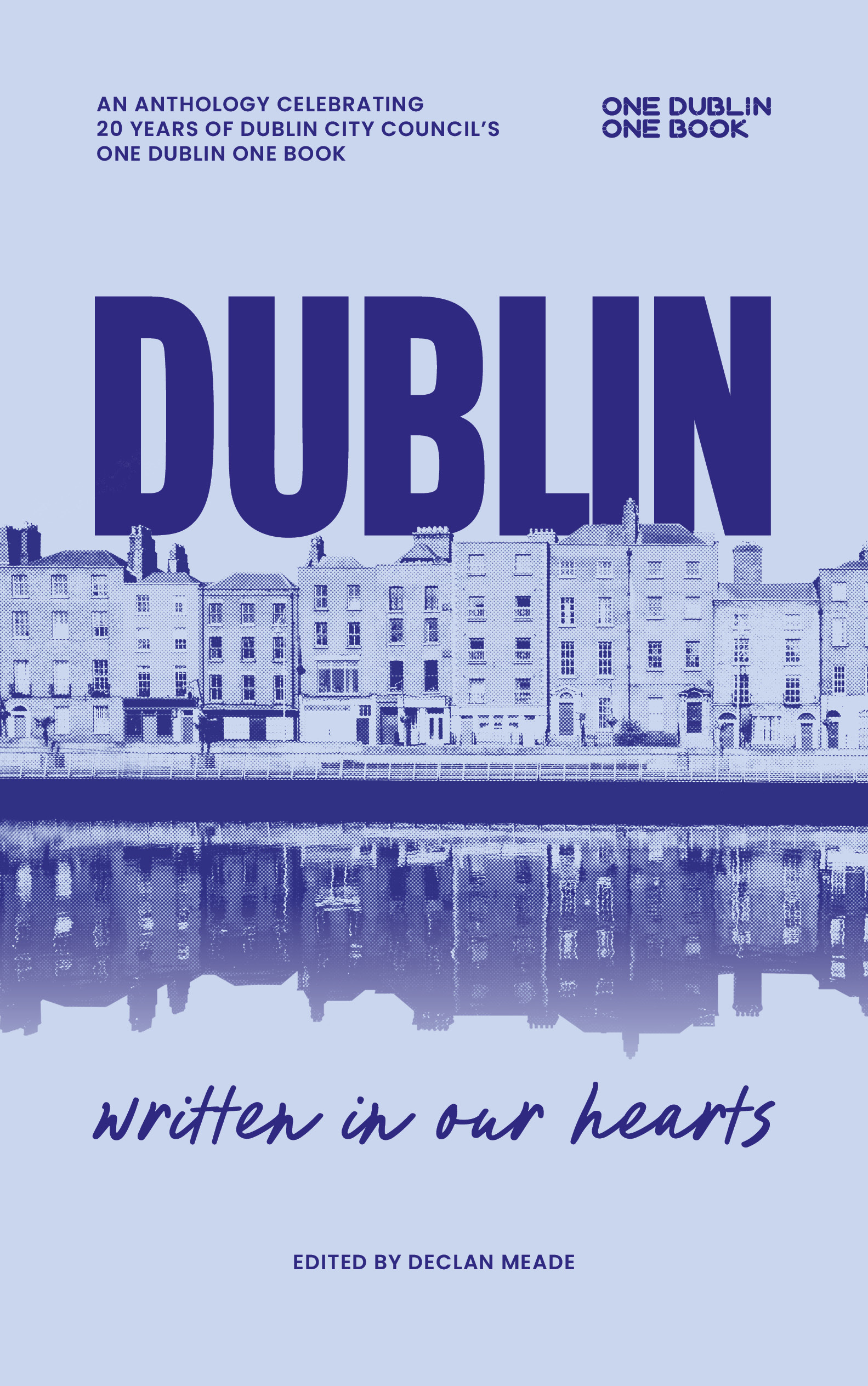
If this global moment is marked by ‘prevailing untruth’ and widespread dissemination of lies, all four of these collections show an acute awareness of the poet’s duty to exactitude of language: the importance of trying to say exactly what it is that you mean.

Our climate issue with new work by June Caldwell, Gavin Corbett, Mia Gallagher, Vona Groarke, Liadan Ní Chuinn, Philip Ó Ceallaigh, and many, many more is now available. The cover artwork is by Robert Ryan.

If love is action, how does it move? This question is at the heart of a pair of debut novels by Anthony Shapland and Seán Hewitt which confront the intractable operations of love with exceptional clarity and verve. Both of these books describe the dilemma of desire from up close: you can practically see sparks as their characters dance across the latticework of erotic feeling, perpetually out of sync.

On this month’s episode, host Nicole Flattery is joined by Odrán Waldron to read from and discuss his story ‘Temporary’ from our Summer 2025 issue.

‘He still looks like a normal human in front of her, albeit with a well-fitted coat, suited to his frame, to his needs. What does he do in summer, she wonders, what does he do in changing rooms? What does he do in bed? What if he rolls over and kills it?’

‘Non-fiction has the power to change the world and I can't think of a time—in recent memory—when the necessity of doing things differently has felt more immediate.’


‘He still looks like a normal human in front of her, albeit with a well-fitted coat, suited to his frame, to his needs. What does he do in summer, she wonders, what does he do in changing rooms? What does he do in bed? What if he rolls over and kills it?’

‘If you’re going to be a novelist, you write something that is recognisably a novel and that means accepting at least some and probably most of the rules of novels, which include some form of plot and setting because there is nothing without time and space, and some form of narrative because that’s how it is, that’s why readers and writers turn up.’

'Swallows are everywhere. Golondrinas, I say to myself and remember the day on the balcony when Pilar taught me that word. She used to praise them for eating the mosquitos in summer. The balcony, with its view over the town and valley, the factories and slaughterhouses, el río Cinca, and its dry tributary el río Sosa. High on the hill above us, the castle.'

'And so she took off, curving round the cliffs of Sully Bay. She kept going, tumbling over the boundless, silver sea, flying farther than she’d been in years. Finally, summoning the courage to fish again, she swooped, and she dove—but she failed.'

Gregor Montgomery, she said, sweeping her palm to behold the clouds. He was the one who set that night sky alight.

I remember hearing the screams of the jumpers as I gathered greasy paper plates and empty crisp packets. The lake stays cold all year round, colder than the sea, so even in the middle of a heatwave the water is a shock. People shriek as they plunge and they shout when they surface.
5th November 2025

18th September 2025


‘He still looks like a normal human in front of her, albeit with a well-fitted coat, suited to his frame, to his needs. What does he do in summer, she wonders, what does he do in changing rooms? What does he do in bed? What if he rolls over and kills it?’

‘If you’re going to be a novelist, you write something that is recognisably a novel and that means accepting at least some and probably most of the rules of novels, which include some form of plot and setting because there is nothing without time and space, and some form of narrative because that’s how it is, that’s why readers and writers turn up.’

'Swallows are everywhere. Golondrinas, I say to myself and remember the day on the balcony when Pilar taught me that word. She used to praise them for eating the mosquitos in summer. The balcony, with its view over the town and valley, the factories and slaughterhouses, el río Cinca, and its dry tributary el río Sosa. High on the hill above us, the castle.'



